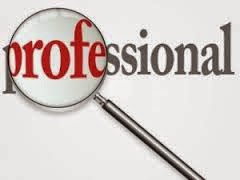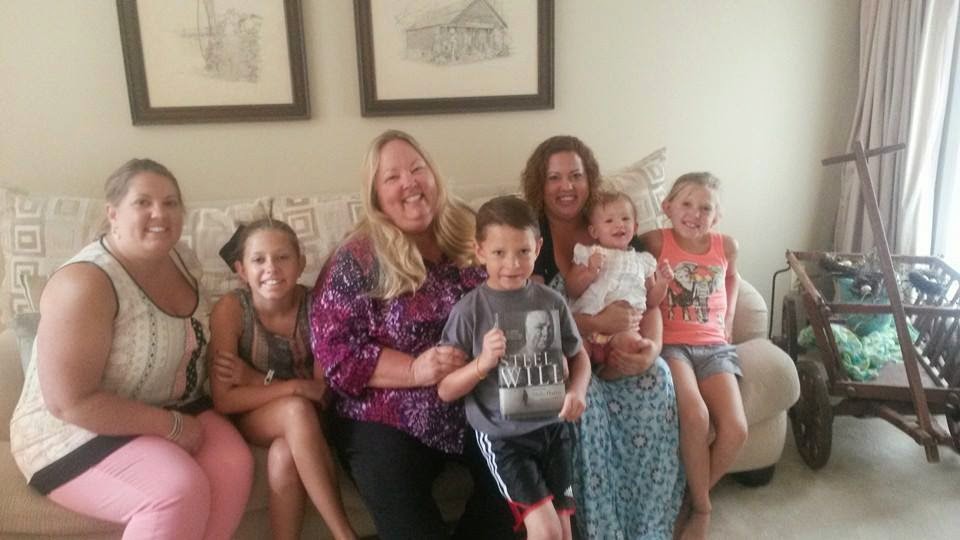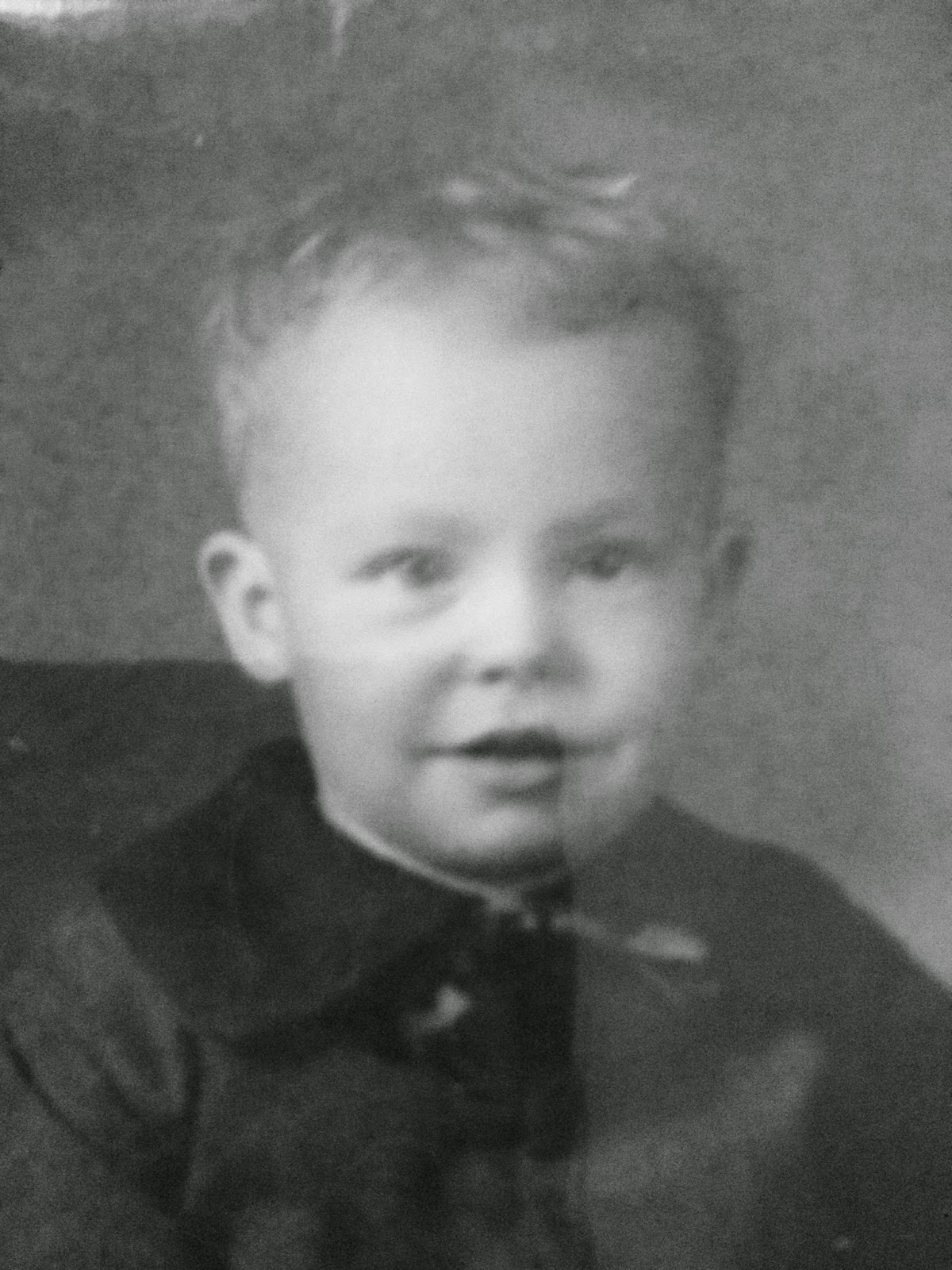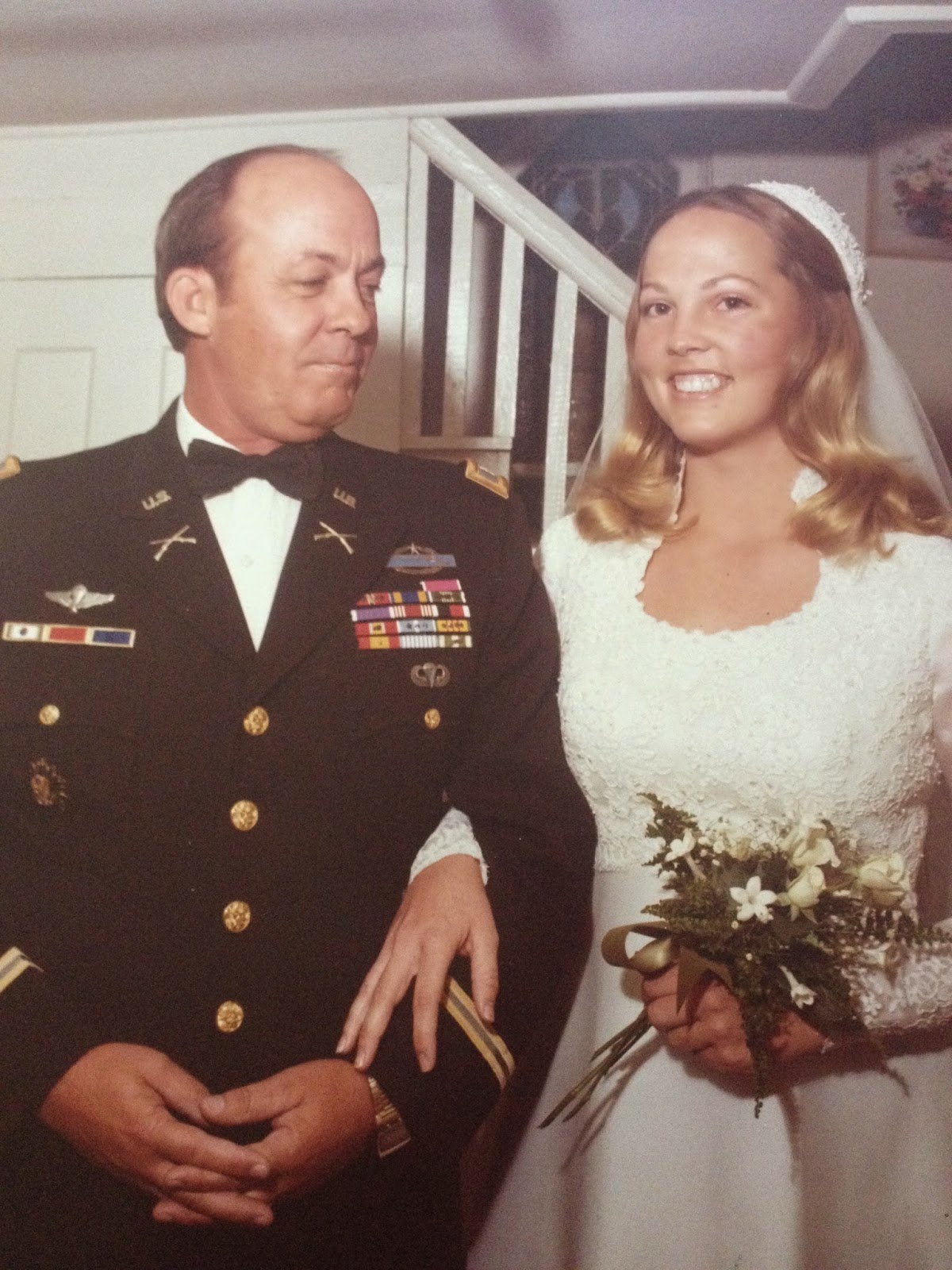Professionalism
I’ve
been working for a living most of my life. As a kid I was a dog walker, a babysitter, a camp counselor, a waitress, a busgirl, a housekeeper, a retail clerk, and I even learned to center condiments on a sesame seed bun at MacDonald's. I ran the dorm switchboard in college, worked for a teacher's union and a newspaper office in Tallahassee, and finally, degree in hand, got to teach school. I took a few years off to raise our children, but even
during that season, I was always trying to find a way to make ends meet. It’s what most military spouses
do. We put our own careers on
hold, in order to make a new home wherever the Army, Air Force, Navy, Marines,
or Coast Guard sends us. Placing a
career on a back burner costs us something.
First
it renders our resume a complete mess;
we can appear flighty, shifty, even unstable, when in fact, we followed
our spouse from one course on one coast to another class on another coast and
so on. Most of us have found work,
but many times it’s at a lower pay grade or we’re starting at the bottom of the
totem pole time and again. Rarely
do we get to walk in the door with a shiny curriculum vitae in hand and garner
the top spot. About the time we’ve
got the pecking order figured out and networked ourselves up to where we want
to be, our service member walks in the door with orders in hand. It’s a life we volunteered for, but it’s
a life that takes a toll on our employment-- past, present, and future.
Living
a military life means we get to meet people from all walks of life, with many
different levels of experience. I’ve
worked with folks who’ve been promoted to their level of incompetence, and I’ve
worked with those who definitely hide their lights under a bushel. In between those two extremes, the word
“professional” gets bandied about with a pretty cavalier interpretation. I’m old school. Professionalism still means something
to me.
I
have my parents to thank for that.
They always demonstrated a very strong work ethic. From the time they were teens, they
worked for every thing they had, and never took their own abilities for
granted. They had confidence, but they also had humility. Humble is not a word they would use to
describe themselves, but I would and do. The first characteristic of
professional behavior is humility.
A true professional recognizes that every single point of contact is a
human being, with talents, gifts, and abilities that are unique and special. A professional is a good steward of
those relationships, working to build them, deepen them, and create an
environment of mutual respect. Their
goal is not to advance their own agenda;
their aim is to advance the mission with confidence and competence, while respecting, growing, and developing the human
resources required.
My
children and I often went round and round about respect when they were
little. I told them that every
adult they encountered must be respected, and as they got older and a little ornery,
they would counter with the idea that the adult in question needed to earn
their respect. I admit, sometimes
I would correct that attitude with a wooden spoon. But over the years, each of my children learned that respect
is not a given; it's a gift you offer to each person you meet. And the recipient gets to keep that gift, you don't get to take it back, unless the
receiver decides to trash it, in which case you just dust off your sandals and
move on.
I
think everyone can act
professionally, but just because a person calls themselves a “professional”
doesn’t make it so. A professional
by definition is someone who has cultivated a special competence or skill; they’ve honed their knowledge, gifts, and talents to the extent that they are
no longer mediocre at their calling;
they have become an expert.
I meet people every day who call themselves professional, but therein
lies the rub. Who gets to
decide? My neighbor’s going
through a nasty divorce with an attorney who calls himself a professional but
uses pretty unscrupulous business practices to advance his agenda. My friend has an agent who calls
herself a professional but has trouble drawing a line between personal ambition
and professional behavior, and it’s taking a toll on everyone involved. My daughter maintains a
professional relationship with her clients, upholding her oath to behave
ethically, reliably, and openly with each and every one, regardless of their
material wealth or earthly goods. My
son honors every agreement he makes, knowing that a professional is only as
good as his word. Who gets to
decide which one of these folks is a “professional”? Could it be that some folks who call themselves professional are really cons...using that word to advance their own goals and objectives...a confessional, or wolf in sheep's clothing so to speak? Is the word professional a word we can simply assign to ourselves, or is it a term that's earned. Could it be that professionalism is, in fact, in the eye of the beholder?
I’m
still old school in many of my work habits. I value the hours I spend on my work, and I want my
employer to do the same. That’s
not always an easy contract in an educational setting. Many times we have to do things that
are unpopular; or we have to do
things we don’t want to do. We don’t
get to call the shots very often.
At the end of the day, we have a boss, and he gets to tell us what to do. But as a professional, I’m called to
competently carry out my duties, and my boss has every right to expect me to do
what he’s hired me to do. If asked
to do something illegal, immoral, or unethical, I would simply refuse, but
otherwise, I get to do as I’m asked or told if I expect to last for long and
pick up that paycheck. But, as a professional, I get to decide when it’s time to hold ‘em, and when it’s time to show my cards and move on.
For me, work is a privilege. I get to work with an amazing group of professionals, and the thing I love about my cohorts is our shared vision and common goals. They don't insist on being called "professionals..." --they're actually too busy for all that. They do insist on doing what's right and relevant, and together, we're all working on the work. We each have our own talents and abilities, but we work together and over time, we have created a pretty well-oiled machine. We want each other to succeed, but moreover, we want our mission to be successful.
We all wanted to be "librarians" when we grew up, not realizing that our school district would end up doing away with librarians. So now, we do the admin stuff that librarians do, and miss out on a lot of the fun, but nevertheless, over time, we hope to convince our school board and our community that the leader in the library is missing, and we need to bring her back. We talk to kids all the time about what they want to “be” when they grow up; but I think the conversation would be much more meaningful if we concentrated more on asking them who they want to “be.” Situational ethics is averse to me. I want to be known as someone who does the right thing, all the time. I want children to learn this as well.
We’ve started a “social contract” with our students this year. When they violate one of the tenets of the contract, we’re to ask them, “What are you doing?” We listen and learn. Then we ask, “What were you supposed to be doing?” We listen and learn again. Finally we ask, “What can you or I do differently to insure you’re successful in doing what you’re supposed to do?” Again, listen and learn, and hopefully reach an agreement and understanding of what new behaviors will replace the old.
For me, work is a privilege. I get to work with an amazing group of professionals, and the thing I love about my cohorts is our shared vision and common goals. They don't insist on being called "professionals..." --they're actually too busy for all that. They do insist on doing what's right and relevant, and together, we're all working on the work. We each have our own talents and abilities, but we work together and over time, we have created a pretty well-oiled machine. We want each other to succeed, but moreover, we want our mission to be successful.
We all wanted to be "librarians" when we grew up, not realizing that our school district would end up doing away with librarians. So now, we do the admin stuff that librarians do, and miss out on a lot of the fun, but nevertheless, over time, we hope to convince our school board and our community that the leader in the library is missing, and we need to bring her back. We talk to kids all the time about what they want to “be” when they grow up; but I think the conversation would be much more meaningful if we concentrated more on asking them who they want to “be.” Situational ethics is averse to me. I want to be known as someone who does the right thing, all the time. I want children to learn this as well.
We’ve started a “social contract” with our students this year. When they violate one of the tenets of the contract, we’re to ask them, “What are you doing?” We listen and learn. Then we ask, “What were you supposed to be doing?” We listen and learn again. Finally we ask, “What can you or I do differently to insure you’re successful in doing what you’re supposed to do?” Again, listen and learn, and hopefully reach an agreement and understanding of what new behaviors will replace the old.
I
wish I could have that same dialogue with a lot of adults I meet in the business world or in the educational setting who call
themselves “professional.” I’d
like to ask, “What are you doing?”
And find out how they view their behavior. Then I’d ask, “What should you be doing?” I think I could learn a lot from their
answers to that question. And
finally, I’d like to ask, “What can I or you do differently to insure we’re
successful in doing what we’re supposed to do?” I think that conversation might bring about real change,
real reform, and at least a much higher level of understanding.
It’s
something I’m going to experiment with…something tells me I might get some
push back from a few of the “professionals” who are in my line of sight. But I’m okay with that. I have a lot of experience under my belt, and I know more than I did when I was walking dogs and watching other people's kids. I know more than when my spouse presented me with a Plan B, C, or D, with three weeks or three months to pack up and move to Germany, Georgia, or someplace in between. No one’s walking in the door any more with a set of orders in his hands, ready to rescue me from what could be a professional morass. I’m staying right where I am. I’m willing to take the risks and to
do the work to get the job done; I’m
willing to be the consummate professional, even if it costs me something in the
process. At the end of the
day, it won’t matter what I call myself if those I serve see that my actions
don’t match the words that come out of my mouth.
















